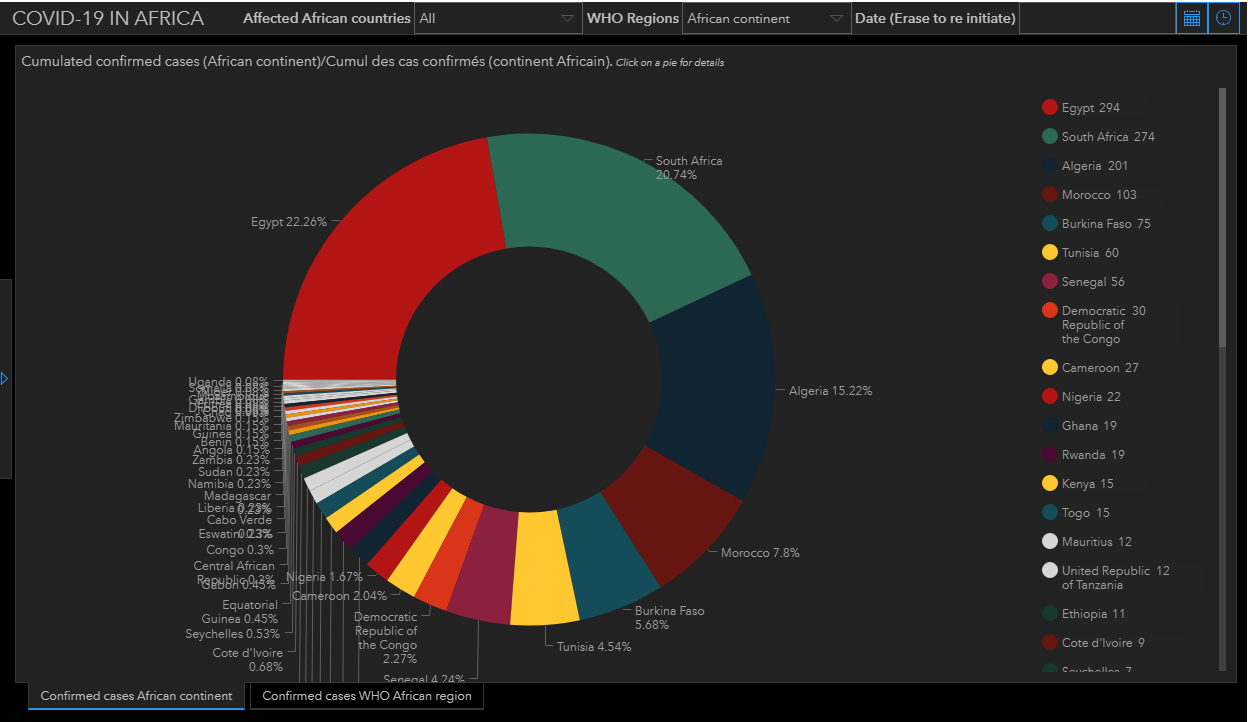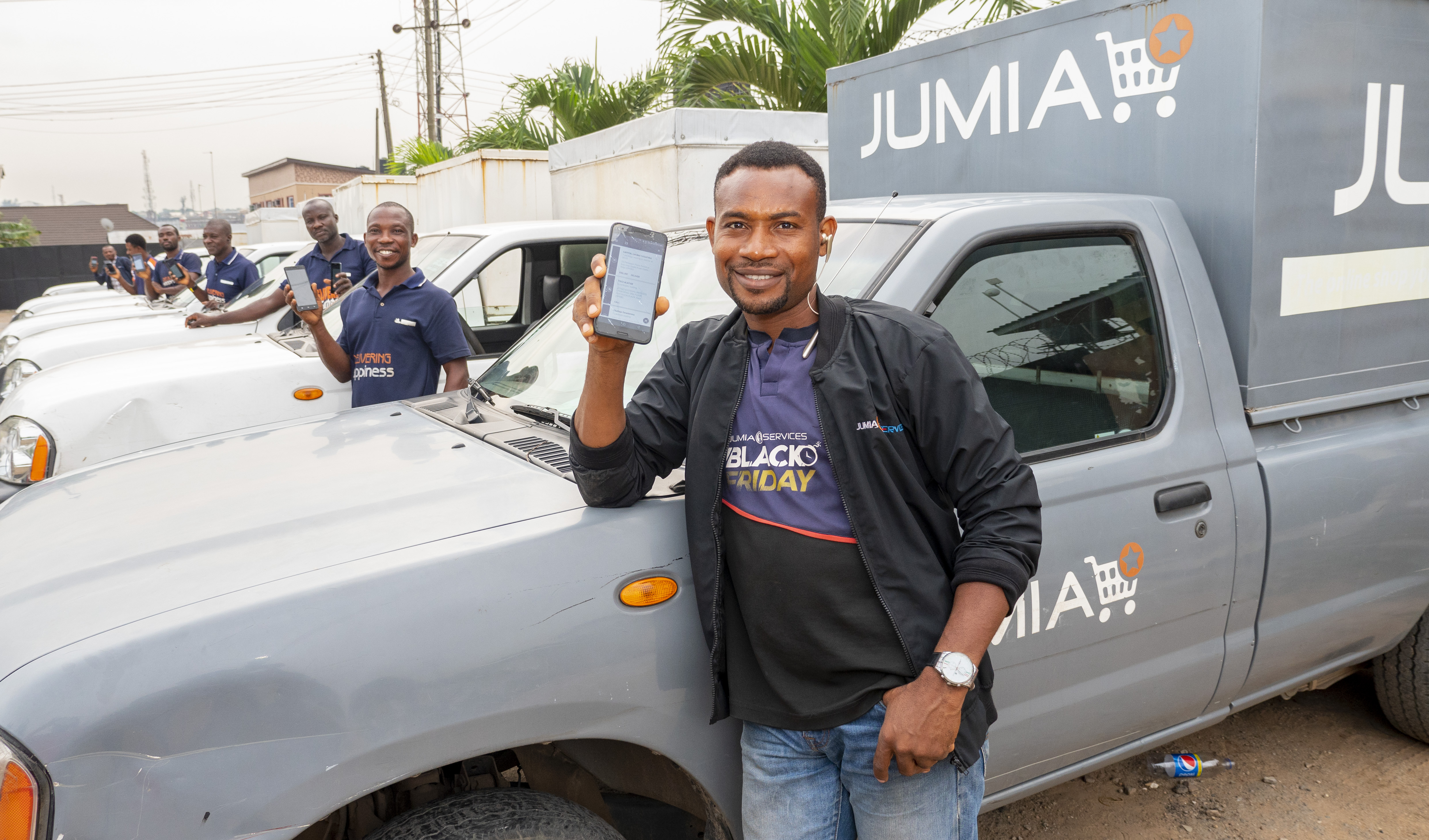Facebook is temporarily downgrading the quality of video streaming in Europe on its social platforms Facebook and Instagram in response to a call for action from the European Commission, per Reuters.
Disney has also said it will work to shrink bandwidth used by its streaming service, Disney+, which is due to begin launching in Europe from tomorrow.
Last week Netflix, YouTube and Amazon said they would switch to SD streaming by default in the region.
The EU’s executive has expressed concerned about the load on Internet infrastructure during the coronavirus crisis as scores of citizens log on from home to work or try to keep themselves entertained during the COVID-19 lockdown.
Telcos in the region have reported significant increases in traffic as EU Member States have called for or instructed citizens to stay at home during the public health emergency.
Collectively, streaming platforms account for a major chunk of global Internet traffic. Online video accounted for more than 60% of the total downstream volume of traffic per a 2019 Sandvine report — while in another report last month it said YouTube alone accounted for a quarter of all mobile traffic.
“To help alleviate any potential network congestion, we will temporarily reduce bit rates for videos on Facebook and Instagram in Europe,” a Facebook spokesman also told Reuters yesterday.
We’ve reached out to Facebook with questions.
Per Reuters the measure will remain in place for as long as there are concerns about the region’s Internet infrastructure.
In related news Disney is pressing ahead with a planned launch of its new video streaming service, Disney+, in Europe starting from tomorrow but Bloomberg reports it will also take measures to reduce bandwidth utilization by at least 25% in European markets.
“We will be monitoring Internet congestion and working closely with Internet service providers to further reduce bitrates as necessary to ensure they are not overwhelmed by consumer demand,” said Kevin Mayer, chairman of Disney’s direct-to-consumer division, in a statement.
Last week the company said it would postpone the launch of Disney+ in India after the biggest local attraction — the Indian Premier League cricket tournament — was rescheduled due to the coronavirus outbreak.



